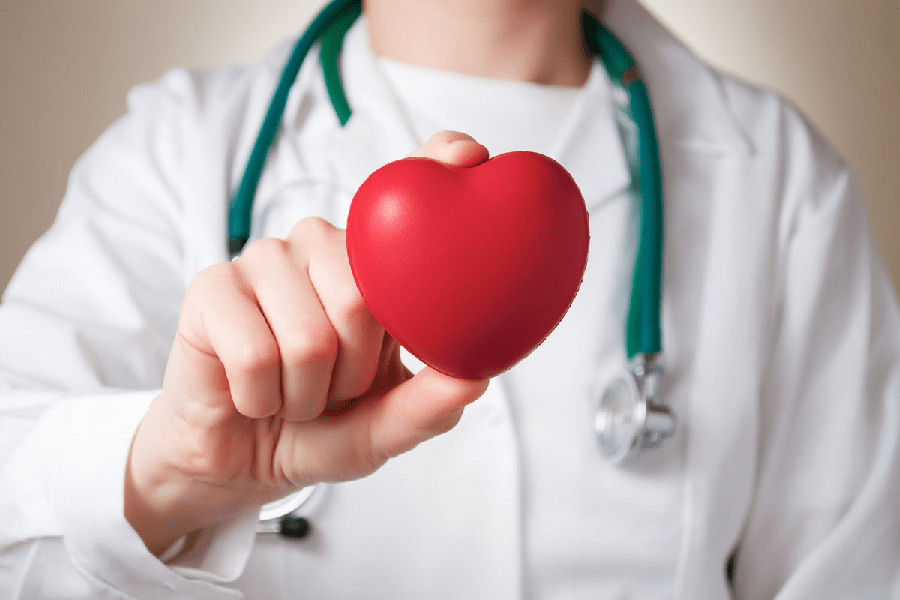Who is a cardiologist?
A cardiologist is a doctor who specializes in diagnosing, treating, and preventing diseases that affect the heart, veins, and arteries. These types of doctors usually receive extensive training and education. When a patient has been referred to a cardiologist Frederick MD by their primary doctor, the cardiologist will look for any risk factors that could be damaging the heart, such as smoking, obesity, poor eating habits, a sedentary lifestyle, or if there is a history of heart disease in their family.
What do cardiologists do?
As mentioned above, cardiologists are qualified to treat heart failure, heart attacks, arrhythmia, high blood pressure, heart valve disease, etc. These specialized doctors work either in hospitals and private practices or both.
To make a diagnosis, the cardiologist will review a patient’s medical history and order tests such as blood tests, electrocardiogram [EKG], and exercise stress tests. They may also check the patient’s weight.
Cardiologists can also prescribe medicines, offer lifestyle changes, such as exercise, diet, and stress management strategies.
Reasons to see a cardiologist
There are several symptoms associated with heart diseases that may make you visit a cardiologist. You should visit a cardiologist if you experience:
- Dizziness
Dizziness is a feeling that the world is spinning around. Dizziness can be a symptom of an underlying health condition such as unstable blood pressure or heart disease.
- Shortness of breath
Shortness of breath can be very fatal. It can be a warning sign that there is a problem with your heart and it should be addressed with a doctor immediately. If you are having severe shortness of breath, you should call 911 immediately.
- Fainting spells
Fainting happens when one suddenly losses consciousness. Its main cause is a lower blood flow to the brain. Dizziness and lightheadedness are usually signs that someone may faint. Fainting spells can be caused by a number of things, including panic attacks, low blood sugar, heart disease, or anemia. You can first address fainting spells with your family doctor who will then refer you to the best cardiologist who will determine the issues behind your regular fainting spells.
- Chest pains
Chest pain, popularly known as angina, usually happens when the heart doesn’t get enough oxygen. The pain can sometimes be averted to the arm, shoulder, and jaw. However, it is worth mentioning that not all chest pains are angina; but still, any chest pain should be addressed by a qualified doctor.
Symptoms of chest pain include:
- A sudden feeling of tightness or squeezing under your breastbone
- Very low heart rate or blood pressure
- Sudden sharp chest pain accompanied by shortness of breath
- Nausea
- Dizziness
- Excessive sweating
If you experience any of these symptoms severely, you should call 911.
Choosing a cardiologist
When you are dealing with a complex health condition such as heart disease, you need to find the right doctor. And that doctor is a cardiologist. A diagnosis of heart disease usually begins with your family doctor who will refer you to a cardiologist. But if you want to choose a cardiologist yourself, it is important to check if the cardiologist is board certified and has experience handling heart diseases.



Comments are closed.